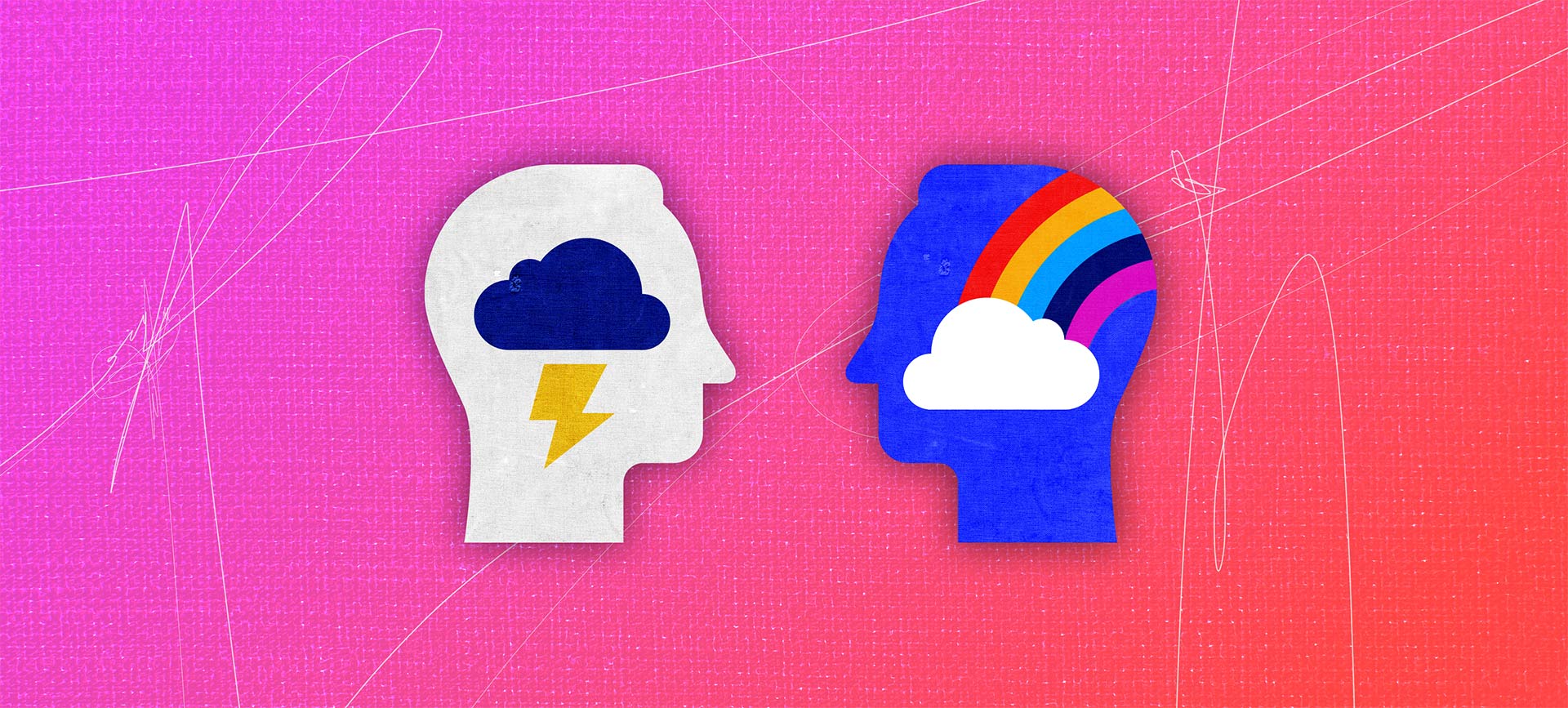Stress is how we react when we feel under pressure, threatened or out of control.
"Psychological stress is caused by a belief, sometimes only in the subconscious, that you may not have the resources to complete a task or resolve an awkward situation," said Terence Watts, M.C.G.I., a psychotherapist, author and founder of the BWRT Institute, based in the United Kingdom. Watts created a groundbreaking technique based in neuroscience to help manage anxiety, stress, phobias, addictions and PTSD.
Acute stress may last a few minutes or hours but can be intense over this short period. Examples of acutely stressful situations include sitting for an exam, being assaulted or witnessing an accident. Stress that prolongs over weeks, months or even years, perhaps due to being under lots of pressure a lot of the time, is known as chronic stress. Living in poverty, having a high-pressure job or being a full-time caregiver for a family member are all situations that could lead to chronic stress.
Watts explained stress might be connected to work requirements, providing support for a loved one, having to confront somebody, or anything else you fear you may not have the tools to manage well.
"It mostly affects those who are either extremely conscientious or already feeling threatened in some way or those who have failed to cope well with similar situations previously," he added.
If your expectations of yourself are too high, you probably feel stressed most of the time.










